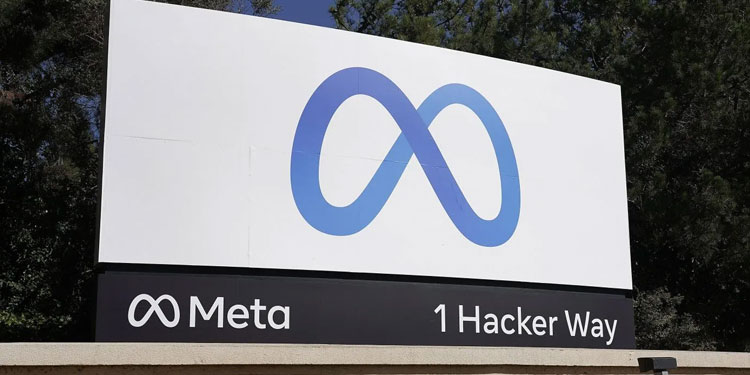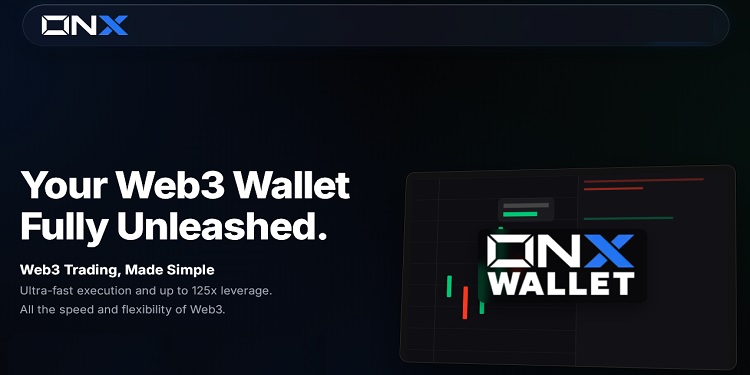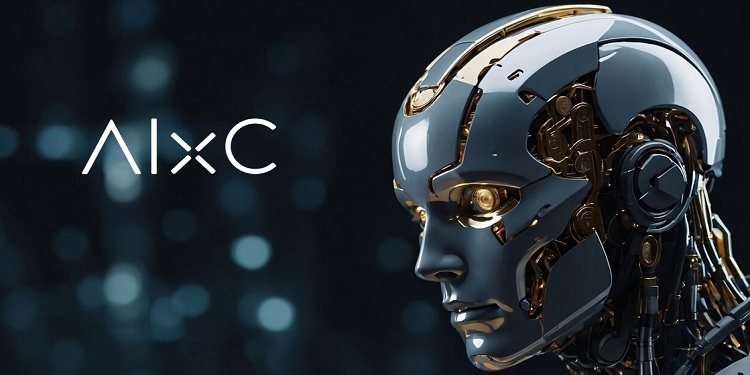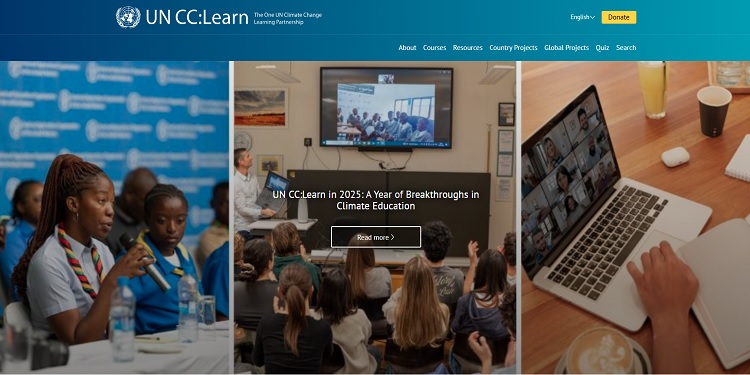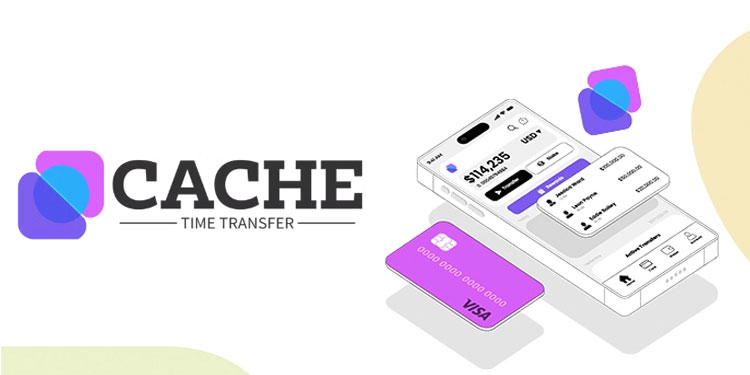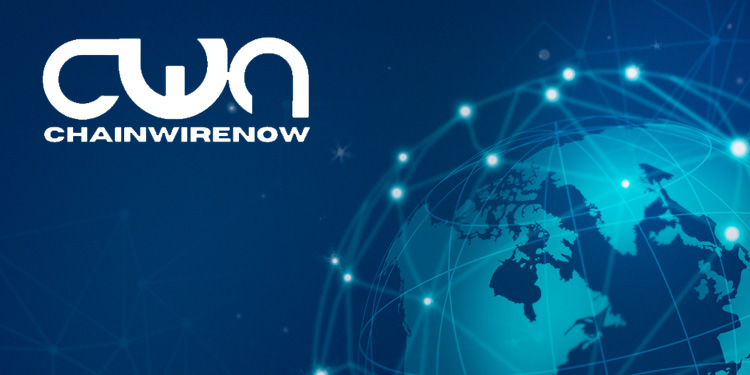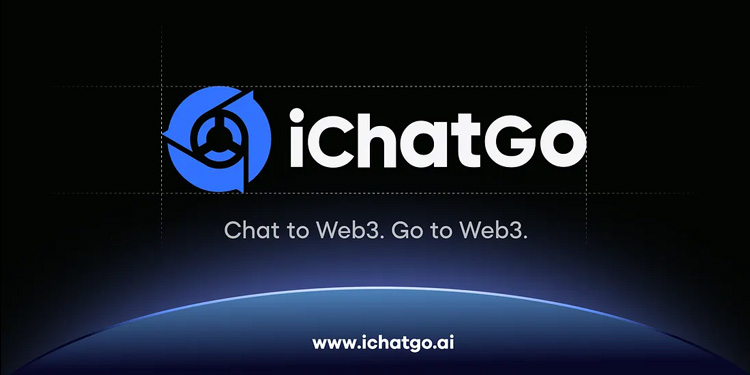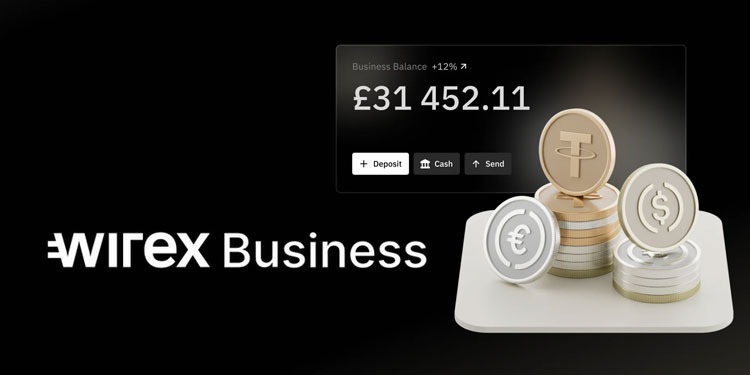Meta, the tech conglomerate formerly recognized as Facebook, is reportedly preparing to overhaul the payment systems used by digital creators and freelancers worldwide through the introduction of blockchain-based infrastructure. This move could eliminate long-standing barriers associated with international money transfers, including high transaction fees and time-consuming processes, by leveraging the benefits of stablecoins.
The company’s initiative appears focused on streamlining cross-border financial interactions for content creators on platforms like Instagram. It aims to integrate blockchain technology to facilitate low-cost, rapid payments that can support creative economies across geographies. This strategic shift signals Meta’s continued pursuit of blockchain innovation despite shelving its earlier Diem digital currency project.
Strategic Leadership and Industry Synergy
Spearheading the project is Ginger Baker, Meta’s vice president of product, whose previous roles at fintech firm Plaid and the Stellar Development Foundation board are considered pivotal to shaping this new direction. Her combined expertise in traditional finance and blockchain suggests a methodical approach to the implementation of decentralized technologies in consumer-facing products.
The company is said to be in active discussions with major crypto infrastructure providers to assess stablecoin issuers capable of supporting its goals for accessibility and inclusiveness. This step aligns Meta with broader industry trends, as leading financial entities such as Visa, Fidelity, and Bank of America explore blockchain-regulated digital networks to streamline their own operations.
Blockchain and Stablecoins: The Foundation of Meta’s Plan
At the heart of this venture lies blockchain—a decentralized, secure ledger system designed to record transactions across distributed networks. It promises high transparency and minimal reliance on intermediaries. Meta plans to harness this system using stablecoins, a form of cryptocurrency tied to fiat currencies like the U.S. dollar, thereby offering payment solutions that maintain consistent value and are less susceptible to market volatility.
This dual framework has the potential to address long-standing pain points for digital workers. With blockchain eliminating intermediaries, creators could benefit from lower transaction costs and faster access to earnings. Additionally, it opens avenues for financial inclusion, especially in underbanked regions where access to traditional financial institutions remains limited.
Practical Implications for the Digital Economy
Should the initiative proceed as envisioned, it could transform how freelancers, artists, and other independent creators manage international income. Global collaboration would become more feasible without the bottlenecks of conventional banking, fostering a more equitable and interconnected digital economy.
Meta’s move also reflects the rising demand for more creator-centric financial tools. As the gig economy expands and more individuals depend on digital platforms for livelihood, blockchain-based systems offer a compelling alternative to outdated financial pipelines.
Industry Growth and Regulatory Challenges
The global blockchain payments market is expected to witness exponential growth. Research from MarketsandMarkets projects an increase from USD 3 billion in 2020 to nearly USD 40 billion by 2025, representing a compound annual growth rate of over 67%. While such projections illustrate the technology’s promise, regulatory uncertainty remains a notable challenge. Governments continue to grapple with policy frameworks around stablecoins and digital assets, and security vulnerabilities persist despite the resilience of decentralized networks.
Meta’s Broader Vision and Cautionary Measures
In response to potential risks, Meta is reportedly working closely with established blockchain providers to ensure robust security protocols and regulatory compliance. The company appears committed to building a payment infrastructure that balances innovation with safety and accountability.
Looking Ahead: Implications for Creators
For digital creators, staying informed about emerging technologies and regulatory changes will be critical. Embracing the tools offered by Meta’s proposed payment system could not only enhance earning efficiency but also unlock new global opportunities.
With this initiative, Meta appears poised to redefine digital compensation models, reinforcing its role at the intersection of social media, finance, and decentralized innovation.

